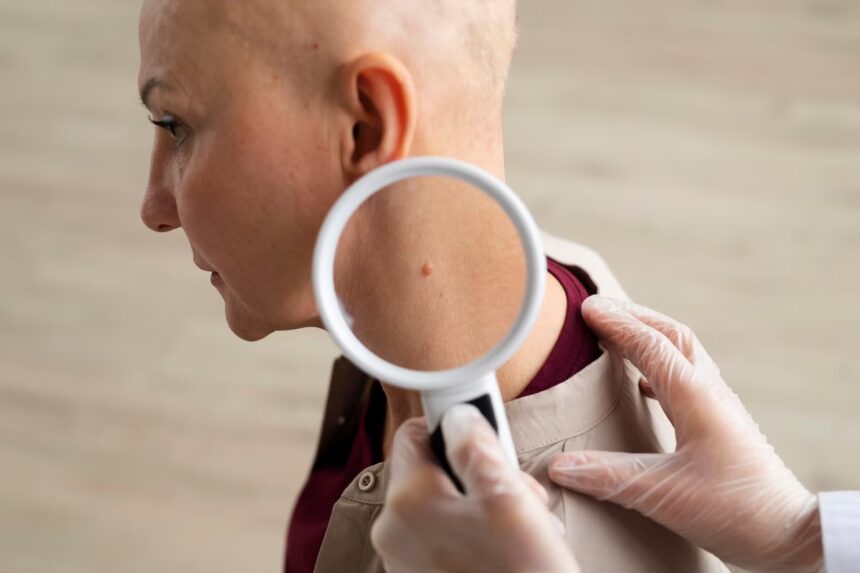South Africa is known for its beautiful weather and abundant sunshine. However, this also means an increased risk of skin cancer due to prolonged exposure to harmful ultraviolet (UV) radiation. Skin cancer is one of the most common types of cancer worldwide, but it is highly preventable. By adopting effective sun protection strategies and practicing vigilant skin care, you can significantly reduce your risk of developing skin cancer. In this article, we will discuss important measures to prevent skin cancer in the South African sun.
- Seek Shade and Limit Sun Exposure: The sun’s rays are strongest between 10 a.m. and 4 p.m. During this period, try to seek shade whenever possible to minimize direct exposure to intense sunlight. Plan outdoor activities in the early morning or late afternoon when the UV radiation is less intense. Additionally, use physical barriers like umbrellas, wide-brimmed hats, and clothing that covers your skin to provide extra protection.
- Apply and Reapply Sunscreen: Sunscreen is a vital component of sun protection. Choose a broad-spectrum sunscreen with a sun protection factor (SPF) of 30 or higher. Apply it generously to all exposed skin, including your face, neck, ears, and hands, at least 15 minutes before going outdoors. Reapply every two hours or more frequently if you are swimming or sweating profusely. Don’t forget to cover areas often overlooked, such as the lips, scalp, and the back of your neck.
- Wear Protective Clothing: Clothing can be an effective shield against harmful UV radiation. Opt for lightweight, loose-fitting, long-sleeved shirts, long pants, and skirts to cover exposed skin. Look for clothing with a tight weave and a UPF (ultraviolet protection factor) label for added protection. Wearing a wide-brimmed hat that shades your face, ears, and neck, as well as sunglasses with UV protection, is also important.
- Be Sun Smart at the Beach and Pool: Be particularly cautious when spending time at the beach or pool. Water, sand, and concrete can reflect and intensify UV radiation, increasing your exposure. Use water-resistant sunscreen, wear protective clothing, and seek shade under umbrellas or beach tents. Remember, sunscreen should be reapplied after swimming or towel drying.
- Stay Hydrated: Proper hydration is essential for maintaining healthy skin. Drink plenty of water throughout the day, especially when you are spending time in the sun. Staying hydrated helps your skin stay moisturized and aids in the body’s natural defense mechanisms against sun damage.
- Be Mindful of Tanning: Tanning, whether from the sun or tanning beds, increases your risk of skin cancer. Avoid intentional tanning and embrace your natural skin tone. If you desire a sun-kissed look, consider using self-tanning products instead.
- Perform Regular Skin Self-Examinations: Regularly examining your skin allows you to detect any changes or suspicious growths early on. Be familiar with the moles, freckles, and birthmarks on your body and take note of any changes in size, shape, color, or texture. Consult a dermatologist if you notice any unusual or concerning skin changes.
- Get Regular Skin Check-Ups: Annual skin check-ups with a dermatologist are essential, particularly if you have a personal or family history of skin cancer or if you notice any concerning skin changes. Dermatologists are trained to identify potential skin cancer and provide appropriate treatment or guidance.
Preventing skin cancer in the South African sun requires adopting proactive sun protection measures. By seeking shade, wearing protective clothing, applying and reapplying sunscreen, being mindful of tanning, staying hydrated, performing regular skin self-examinations, and scheduling regular check-ups with a dermatologist, you can significantly reduce your risk of skin cancer. Prioritize your skin health and enjoy the beauty of the South African sun safely.










